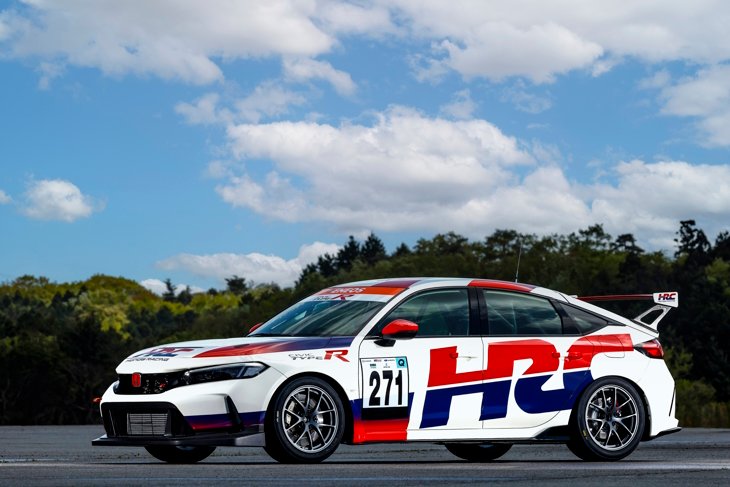According to The Times of London, the first shipments departed the UK on Wednesday, marking a cautious return to the American market under newly altered trading conditions.
The decision to pause shipments was announced in early April after a 25% tariff on imported cars and light trucks came into effect on 3 April, part of a broader policy shift by the White House aimed at reducing the US trade deficit and encouraging domestic production. The tariffs apply to a wide range of foreign automotive brands, including British luxury vehicles such as those manufactured by JLR, a subsidiary of India’s Tata Motors.
A spokesperson for JLR confirmed the resumption of exports and reiterated the importance of the United States as a market, stating, “The US is a key market for our luxury brands. As we work to address the new US trading terms with our business partners, we are enacting our planned short-term actions, as we develop our mid- to long-term plans. We will give a further update at our full year results in May.”
The 25% tariff has added considerable costs to imported vehicles, prompting British manufacturers to reassess their export strategies. JLR’s one-month pause was part of an effort to evaluate the commercial viability of continuing shipments under the new conditions and to develop mechanisms to absorb or offset the increased costs.
President Trump has since indicated that some relief measures are under consideration. On Thursday, he announced an executive order that would introduce a system of trade credits and adjustments to tariffs on parts and materials. While intended to lessen the impact of the automotive tariffs, the proposal’s practical effect remains unclear and is likely to vary across manufacturers.
Aston Martin Lagonda, another British carmaker affected by the tariffs, has also begun adjusting its approach to the US market. Chief Executive Adrian Hallmark said on Wednesday that the company intends to share the costs of the tariffs between the firm and its customers, while limiting further exports to the US in the short term. The company plans to manage its existing inventory in the country as a buffer while trade conditions remain uncertain.
The US is the second-largest destination for British-built vehicles after the European Union. According to the Society of Motor Manufacturers and Traders (SMMT), nearly 20% of the UK’s automotive exports are destined for American consumers. The UK automotive sector employs approximately 200,000 people directly, with several hundred thousand more involved in the wider supply chain and associated industries.
JLR’s operations in the UK include major manufacturing sites such as Halewood in Liverpool, where vehicles including the Land Rover Discovery Sport and Range Rover Evoque are produced. These models are popular in the US market and constitute a significant portion of the company’s export portfolio.
The broader implications of the tariffs are being closely watched by the UK government and the domestic automotive industry. As Britain continues to reshape its trading relationships in the post-Brexit context, tensions with key export markets such as the US present additional complications.
While the immediate resumption of JLR exports signals a degree of resilience, the longer-term viability of the transatlantic trade in vehicles may depend on whether a more stable and predictable tariff framework can be agreed. Negotiations between UK trade officials and their US counterparts are expected to continue in parallel with corporate adjustments made by manufacturers.
In the interim, British carmakers are likely to adopt a combination of pricing strategies, supply chain recalibrations, and inventory management measures to cope with the ongoing uncertainty. How these adjustments will affect pricing for American consumers remains to be seen, though industry analysts anticipate that higher costs could be passed on to buyers if tariff relief measures are not forthcoming.
Jaguar Land Rover is expected to provide further details about its long-term strategy and any structural changes to its US operations when it releases its full-year results later in May.
Jaguar’s Radical Rebrand and Electric Future: A Gamble Dividing Opinion
EUToday publishes articles from a variety of outside sources which express a wide range of viewpoints.Opinions expressed in these articles are not necessarily those of EUToday.
You must be logged in to post a comment.



